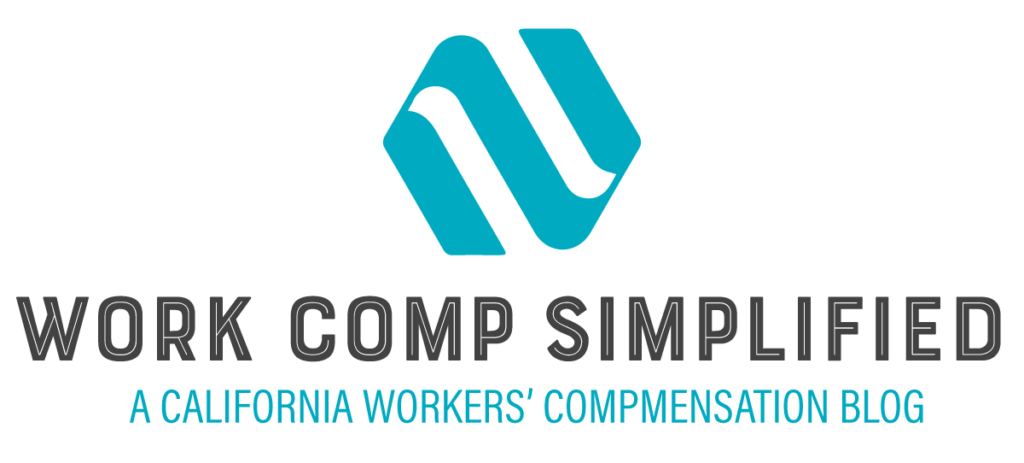California law (Labor Code § 3700) is clear: Employers must obtain workers’ comp insurance coverage for their employees. Workers’ comp insurance is no-fault—an employee does not need to prove negligence or any other type of misconduct by their employer to recover benefits. As long as the accident happened while the employee was working, they can be covered by workers’ comp.
That being said, there are some relatively narrow exceptions to California’s “no fault” workers’ comp standard. In some limited cases, an employer could move to deny a claim on the grounds that an employee is ineligible for benefits due to their conduct. Here, our Fresno workers’ compensation lawyer highlights four key exceptions to the “no-fault” rules that all employees should be aware of.
- Intoxication
One exception to the no-fault rule in California workers’ compensation is when an employee is found to be intoxicated at the time of the injury. If it can be proven that the employee’s intoxication was the primary cause of the accident, the employee may be denied workers’ compensation benefits. Employers must demonstrate a causal link between the employee’s intoxication and the injury to successfully deny the claim. To establish this connection, employers may rely on evidence such as drug and alcohol tests, witness statements, and expert testimony.
- Horseplay (Self-Harm)
Another exception to the no-fault rule is when an employee engages in horseplay or intentional self-harm that results in injury. In these cases, the employee may be denied workers’ compensation benefits if it is determined that the employee’s actions were a significant factor in causing the injury. Employees who willingly participate in horseplay or intentionally cause harm to themselves are considered to have assumed the risk of injury, and therefore, are not eligible for benefits.
- Mutual Combat (Initial Aggressor)
An employee who is injured during a physical altercation in which they were the initial aggressor or willingly engaged in mutual combat may also be denied workers’ compensation benefits. In these cases, the employer must prove that the injured employee initiated the fight or willingly participated in it, leading to their injury. It is important to note that employees who acted in self-defense are still eligible for benefits. Employers can use evidence such as security footage, witness statements, and any history of workplace altercations to support their case.
- Post-Termination Claim (an Affirmative Defense)
Finally, an employee who files a workers’ compensation claim after being terminated or laid off may face an affirmative defense from the employer. In these cases, the employer must demonstrate that the injury did not occur during the course of employment or that the employee’s termination was unrelated to the injury. To successfully assert this defense, employers may need to provide evidence such as documentation of the employee’s termination, a clear timeline of events, and proof that the injury was not work-related.
Speak to Our Fresno Workers’ Comp Lawyer for Immediate Help
Hurt on the job in California? You do not have to navigate the workers’ compensation claims process alone. Joseph C. Yrulegui is a top-rated workers’ comp lawyer. Contact us today for a completely confidential review and evaluation of your legal case. We fight for the rights, financial interests, and safety of workers in Fresno and throughout the wider surrounding communities.

